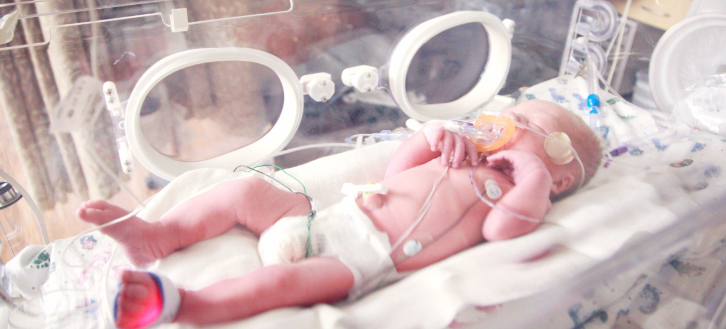Incorporating HPV vaccination into PrEP services may increase the number of patients who receive the vaccine and improve anal cancer prevention efforts.
“HPV vaccination is the best tool we have to prevent anal cancer, which disproportionally impacts gay/bisexual men and transgender women,” Christopher Wheldon, PhD, MSPH, MEd, explains. “The odds of a gay man developing anal cancer are about 20 to 80 times higher than a heterosexual man. In my early research, I found that young gay/bisexual men were willing to get vaccinated against HPV; they just didn’t routinely go to a primary care physician. But they were engaging in HIV prevention, including PrEP.”
For a study published in the Journal of Community Health, Dr. Wheldon and colleagues “wanted to get a better idea of what was happening in a community-based health center that was providing PrEP,” he says.
“We conducted a case study in a single federally qualified health center by interviewing PrEP providers and patient navigators and surveying PrEP patients. This helped us identify strategies to increase HPV vaccination for that patient population.”
The researchers described barriers and facilitators to HPV vaccination implementation via PrEP provider/staff interviews and survey results from patients taking PrEP.
Unclear Guidelines & Inadequate Information About Cancer Prevention
The study included nine stakeholder interviews with PrEP-prescribing physicians, nurse practitioners/nurses, and PrEP patient navigators, as well as questionnaire results from 88 patients aged 18-45 who were receiving PrEP (52.3% White; 15.9% Black; 10.2% Hispanic/Latino), many of whom (71.6%) identified as gay.
The findings showed that PrEP visits “were very structured,” according to Dr. Wheldon, and based primarily on PrEP guidelines issued by the CDC. The most significant barrier to including HPV vaccination in PrEP care was a lack of focus on vaccination in the guidelines.
“HPV vaccination is actually listed in the guidelines under primary care considerations (along with other vaccinations), but it doesn’t make its way into the quality metrics and patient templates,” Dr. Wheldon says.
Insufficient information about anal and oropharyngeal cancers was another “major barrier” to the inclusion of HPV vaccination in PrEP care, according to the study results.
“Providers and PrEP patient navigators were not as confident discussing the role of HPV vaccination in preventing anal and oral cancers,” Dr. Wheldon says. “That is not surprising, because a lot of that research is still ongoing and the recommendations from ACIP have changed several times over the years.”
However, the “vast majority” of patients receiving PrEP knew that HPV causes cervical cancer, while a minority knew HPV causes anal cancer, he continues (Table). “The message about cervical cancer has been heard, but not the message about anal cancer. Also, only 22% knew that HPV vaccination can prevent anal cancer. This includes patients taking PrEP who had received HPV vaccination. It makes me wonder what patients were told about HPV vaccination when they got it.”
Inquiring About HPV Vaccination and Informing Patients
The findings indicate that, “if you want to promote HPV vaccination among patients taking PrEP, you have to tell them how it will benefit them,” Dr. Wheldon says. “We may not know what the benefit is for any one patient, but that is true for all vaccines. The message is HPV vaccination can prevent anal cancer, and people who have receptive anal sex are at an increased risk for anal cancer.”
In addition, he notes that providers should ask patients receiving PrEP whether they have initiated the HPV vaccination series. “The 9-valent vaccine is licensed for people aged 9 to 45. Yes, it is more effective if given at a younger age, but it has also been shown to be effective in older, sexually active adults and to have good immunogenicity. Inform and empower patients to decide about HPV vaccination. Don’t assume it won’t benefit them.”
When considering future research, Dr. Wheldon says, “There are three ways to prevent anal cancer: primary prevention through HPV vaccination; secondary prevention through anal cancer screening; and tertiary prevention through early detection with digital anorectal exams. I would like to see how to best implement these strategies into HIV care so that patients are receiving the best anal cancer prevention possible.”





















Create Post
Twitter/X Preview
Logout